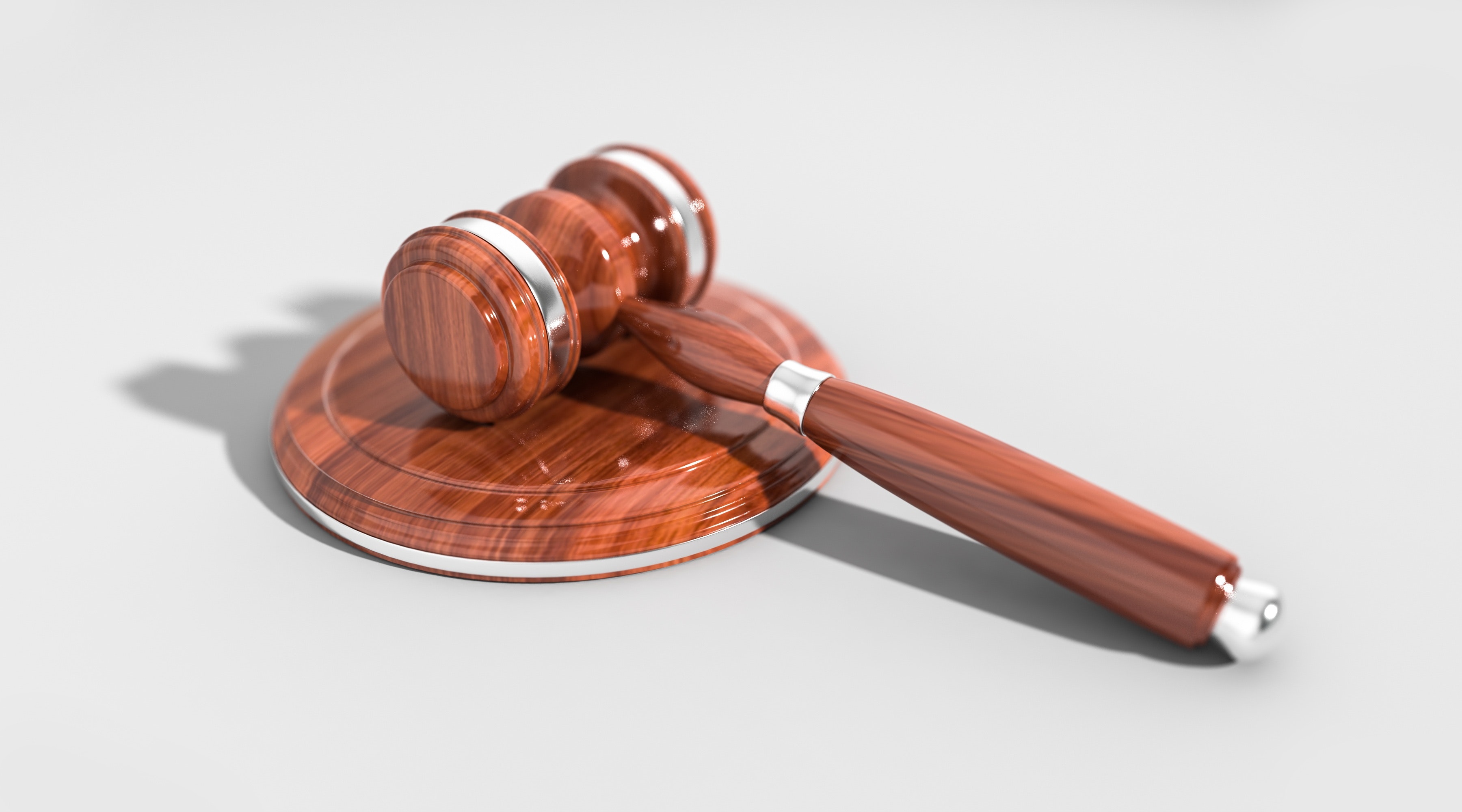As most people know, Japan’s market is controlled by the heavy hand of government. To make it easier for companies to start new businesses, the government prepared the ”Gray Area Resolution System” in 2014. This system allows business operators to make inquiries about whether or not some regulation is applied to a new business they are going to start.
Recently, a company which provides a software which helps users prepare trademark applications used this system to make an inquiry about whether selling this software violates a provision of Patent Attorneys Act which restricts the services provided by other than patent attorneys or patent professional corporations.
Then, Japan Patent Office (JPO) presented a view that it doesn’t violate the provision of Patent Attorneys Act, because the company just provides a software which helps users prepare trademark applications at the discretion of themselves, and not provide a service to prepare trademark applications. This is the view just for this particular business, not for general Legal Tech. However, it will surely serve as a spur to development of Legal Tech.
A various tools have been developed to improve operation for IP professionals, such as artificial intelligence (AI)-based prior art search and examination simulator to determine patentability (we are going to communicate with AI-examiners of the patent office in the future!?). Many parts of the IP operation will become more and more systematized.
Facing this situation, some IP professionals are fearful of losing jobs. However, you would not lose your jobs for some time in the future, if you can provide valuable advices which your clients do want to know, e.g. proposing the possible best approach to protect the client’s business and win the competition based on the output data from IP tools.
Anyway, in order to learn about the current state of such IP tools, I’m going to browse through Patent Information Fair & Conference 2018 held on November 7-9 in Tokyo.

